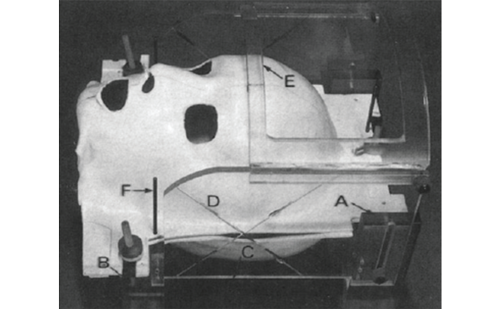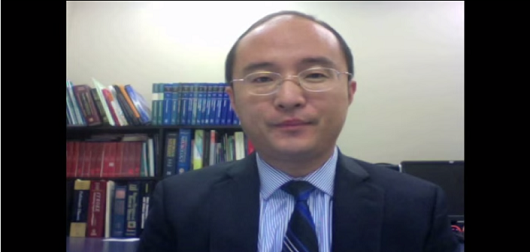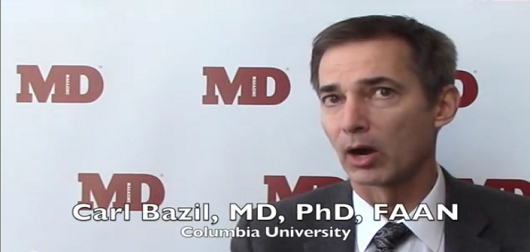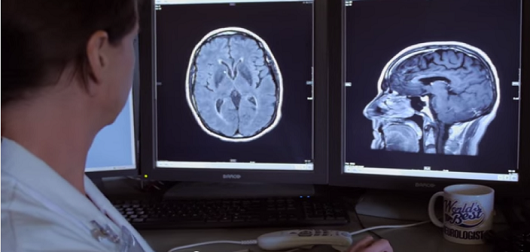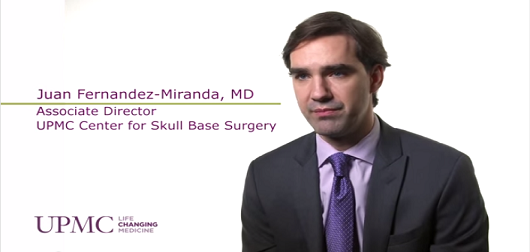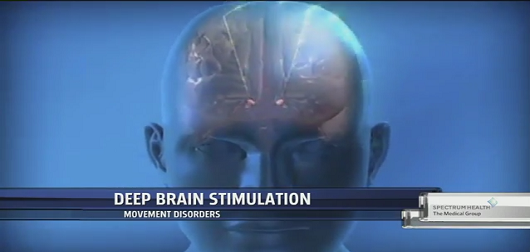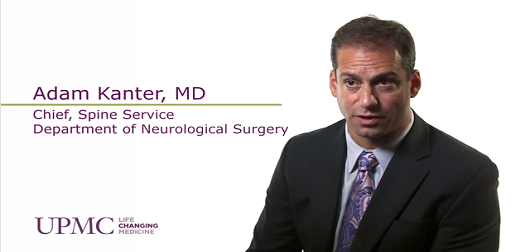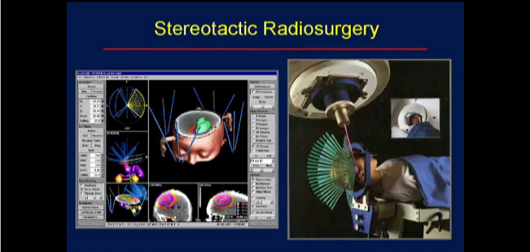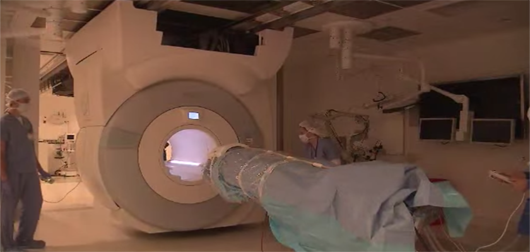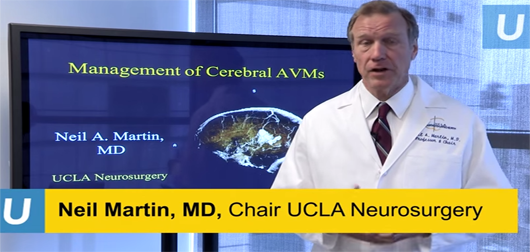Dr Eric Lawson, Assistant Professor of Neurology and Neurosurgery at Emory University School of Medicine, has dedicated his career to advancing the field of neurocritical care. As a practicing neurointensivist at Emory Healthcare and Grady Memorial Hospital, Dr Lawson specializes in the management of critically ill patients with complex neurological conditions. His expertise extends to key areas such as neuroprognostication following cardiac arrest and the care of patients with severe traumatic brain injury (TBI).

In this insightful Q&A, Dr Lawson shares the inspirations and motivations that led him to pursue a career in neurocritical care, the challenges he faces in this demanding specialty and his vision for the future of the field.
1. What inspired you to pursue neurocritical care, and how has that motivation evolved?
2. What key challenges have you faced in neurocritical care, and how did you overcome them?
3. What key changes or advancements do you foresee in the future of neurocritical care?

